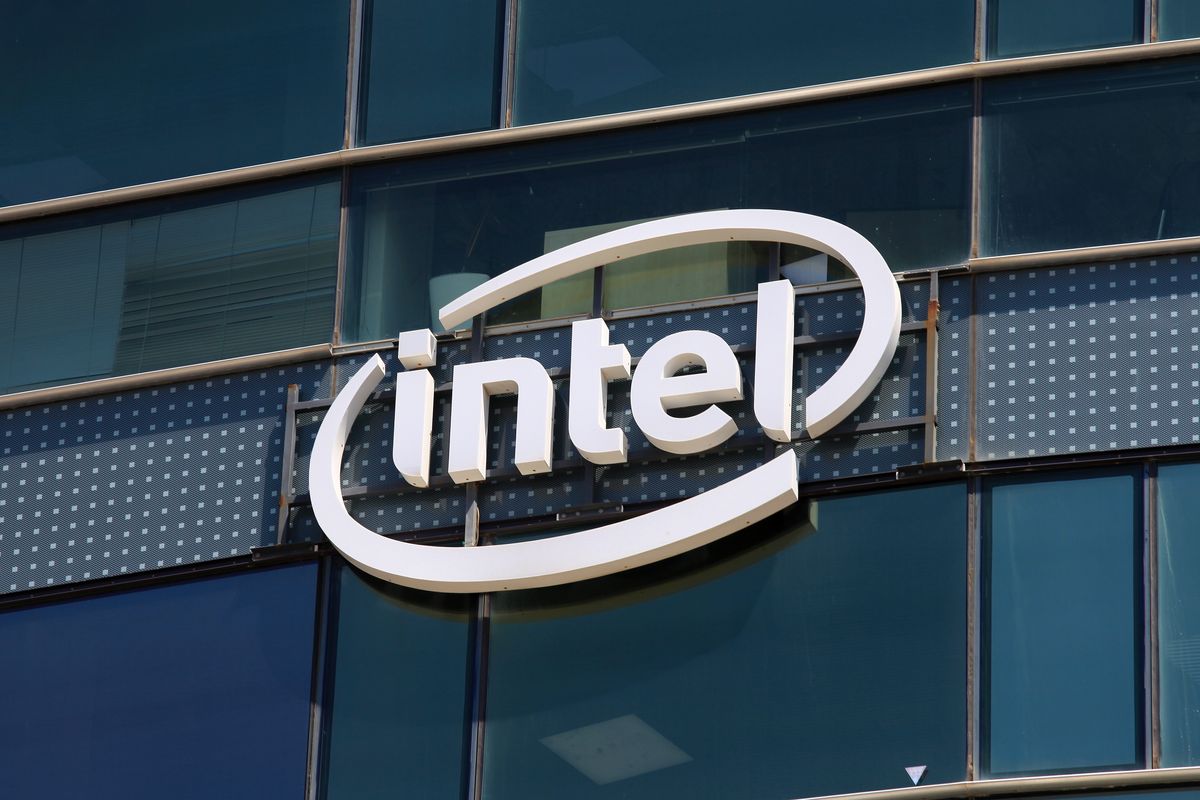Phoronix: Intel Buys Out AI Startup Habana Labs
Well, here is some interesting M+A activity a week ahead of Christmas... Intel just announced they are acquiring AI chipmaker start-up Habana Labs...
Well, here is some interesting M+A activity a week ahead of Christmas... Intel just announced they are acquiring AI chipmaker start-up Habana Labs...



Comment